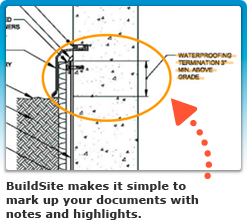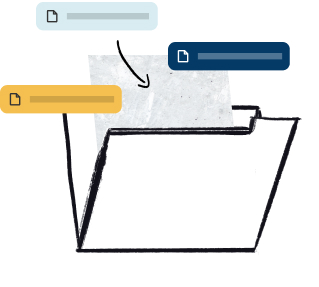Significance and Use
This method is intended to simulate the performance of various air barrier materials/accessories when combined into an assembly. Based upon the results of the measurements, this procedure then assigns an air leakage rating for the air barrier assembly.
This method does not purport to establish all criteria necessary for consideration in the selection of an air barrier assembly. The results are intended to be used for comparison purposes and may not represent the field installed performance of the air barrier assembly when installed as part of an air barrier system in a building. However, the results of these tests may be useful in determining the appropriate use of a specified air barrier system assembly.
This method does not purport to establish all criteria necessary for air barrier systems of all construction types. Test Method E2178 provides an air permeance test method for testing of some air barrier materials. Specification E1677 provides a specification for air barrier systems for low-rise framed building walls.
1. Scope
1.1 This test method covers the determination of the air leakage rate of air barrier assemblies that are used in building enclosures. This procedure measures the air leakage of a representative air barrier assembly before and after exposure to specific conditioning cycles and then assigns a rating dependent upon the results. Although this is a laboratory procedure, the method may also be applied to site mockups.
1.2 The values stated in SI units are to be regarded as standard. No other units of measurement are included in this standard.
1.3 This standard does not purport to address all of the safety concerns, if any, associated with its use. It is the responsibility of the user of this standard to establish appropriate safety and health practices and determine the applicability of regulatory limitations prior to use.
Reproduced, with permission, from the ASTM International website, copyright ASTM International, 100 Barr Harbor Drive, West Conshohocken, PA 19428. To purchase the complete standard, go to http://www.astm.org/.



